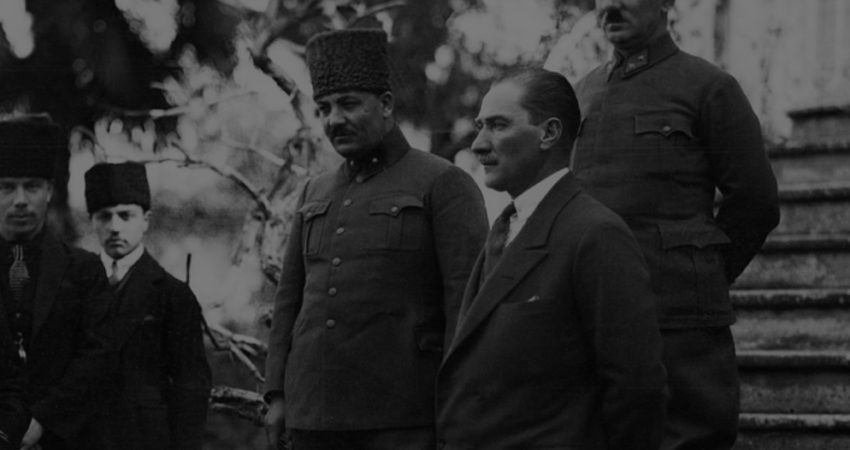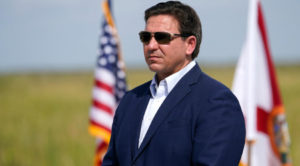The idea of the “Deep State” took root in the American mind in response to the “Resistance” against Donald Trump’s election as president in 2016. Proponents of the term use it casually, as an epithet against the political establishment, often without due regard to the concrete historical experiences that gave rise to it. Critics of the idea claim that it oversimplifies complex governmental dynamics and amounts to nothing more than political fabulism or conspiracy-mongering.
But this issue is not just a food fight for cable TV. Considering it in polemical terms obscures the troubling reality of the problem and its deeply damaging impact on American governance.
Part of the difficulty with the Deep State discourse in America is that the concept is a foreign import, requiring some translation. It comes from Turkey, a country with a rich, ancient, and sophisticated non-Western civilizational heritage. Turkey also has a long, complex, and difficult experience with Westernized modernity and democratization, including at least four military coups d’etat since 1960—the most recent a failed bloody putsch in 2016. Nevertheless, with the rise of the administrative state in the United States, particularly in the wake of the Cold War and the first decades of the 21st century, the Deep State idea serves as a useful Turkish contribution to political discussion in a society once considered by many to be poor soil for such activities due to its liberal political culture, history, and legal and governmental traditions. Read more…





